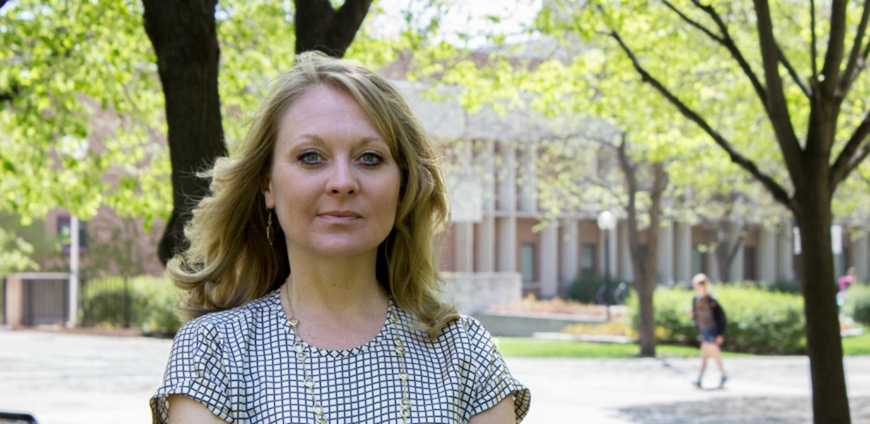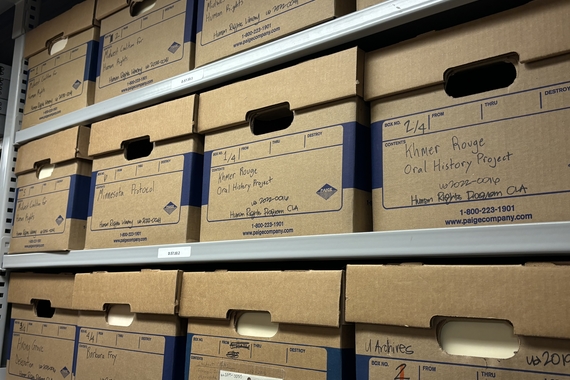Does Self-Reporting in Human Rights Work?
The idea of self-reporting seems counter-intuitive. If an actor or state is suspected of a committing a wrong – or if the potential for wrongdoing exists at all – why should we expect the wrongdoer to announce themselves to the public.
Yet, the international human rights treaty system relies almost entirely on government self-reports.
It is this enigma, among other factors, that has compelled Professor Cosette D. Creamer to research the efficacy and impact of self-reporting regimes in the field of international human rights. Creamer, an Assistant Professor of Political Science at the University of Minnesota and affiliated faculty at the University of Minnesota Law School, is a 2017 Human Rights Initiative grantee. The Human Rights Initiative is dedicated to supporting outstanding interdisciplinary faculty proposals for human rights research in the humanities, social sciences, and public policy.
Creamer’s project, entitled “Do Self-Reporting Regimes Matter? The Impact of Dynamic Regulatory Processes in International Human Rights Law,” is an extensive investigation into governments’ voluntary provision of information related to human rights treaties. While Creamer recognizes the ostensible pitfalls of self-reporting, her project chooses not to simply dismiss the procedure entirely, but rather to “develop an approach that takes seriously the concept of self-monitoring, learning, and constructive dialogue.”
The first part of the project seeks to gather an exhaustive collection of data on histories of state reporting to all core international human rights treaty bodies. Funding from the Human Rights Initiative has enabled Creamer to conduct extensive archival work at the Office of the High Commissioner for Human Rights in Geneva, Switzerland. Additionally, grant funds support Creamer’s graduate research assistant, Kayla Goldfarb, and her undergraduate research assistant, Gemechu Mekonnen, in helping Creamer with data collection and analysis.
Next, Creamer’s project theorizes that state reporting can have positive effects on human rights. To evaluate this, she is examining self-reporting through different pathways, including “evaluating the conditions under which self-reporting and periodic review under the Convention against Torture (CAT) and the Convention on the Elimination of Discrimination against Women (CEDAW) facilitate information dissemination, domestic civil society mobilization, and political (legislative) implementation in Latin American countries.”
While the focus so far has mostly remained on Latin American countries, Professor Creamer aims to expand the scope of the project to include the Middle East and North Africa, an expansion will include a partnership with the University of Pennsylvania.
Although Professor Creamer’s project is ongoing, her team has already presented an article focusing on the Convention on the Elimination of all Forms of Discrimination Against Women (CEDAW) was presented in April 2017 at the Symposium What’s Next for Human Rights Scholarship? held at the University of Virginia School of Law and is forthcoming (Volume 81, Fall 2018) in a special issue of Law and Contemporary Problems, with an additional article under review at a top political science journal.



